Live Design Practice Welcome to MORE 2024
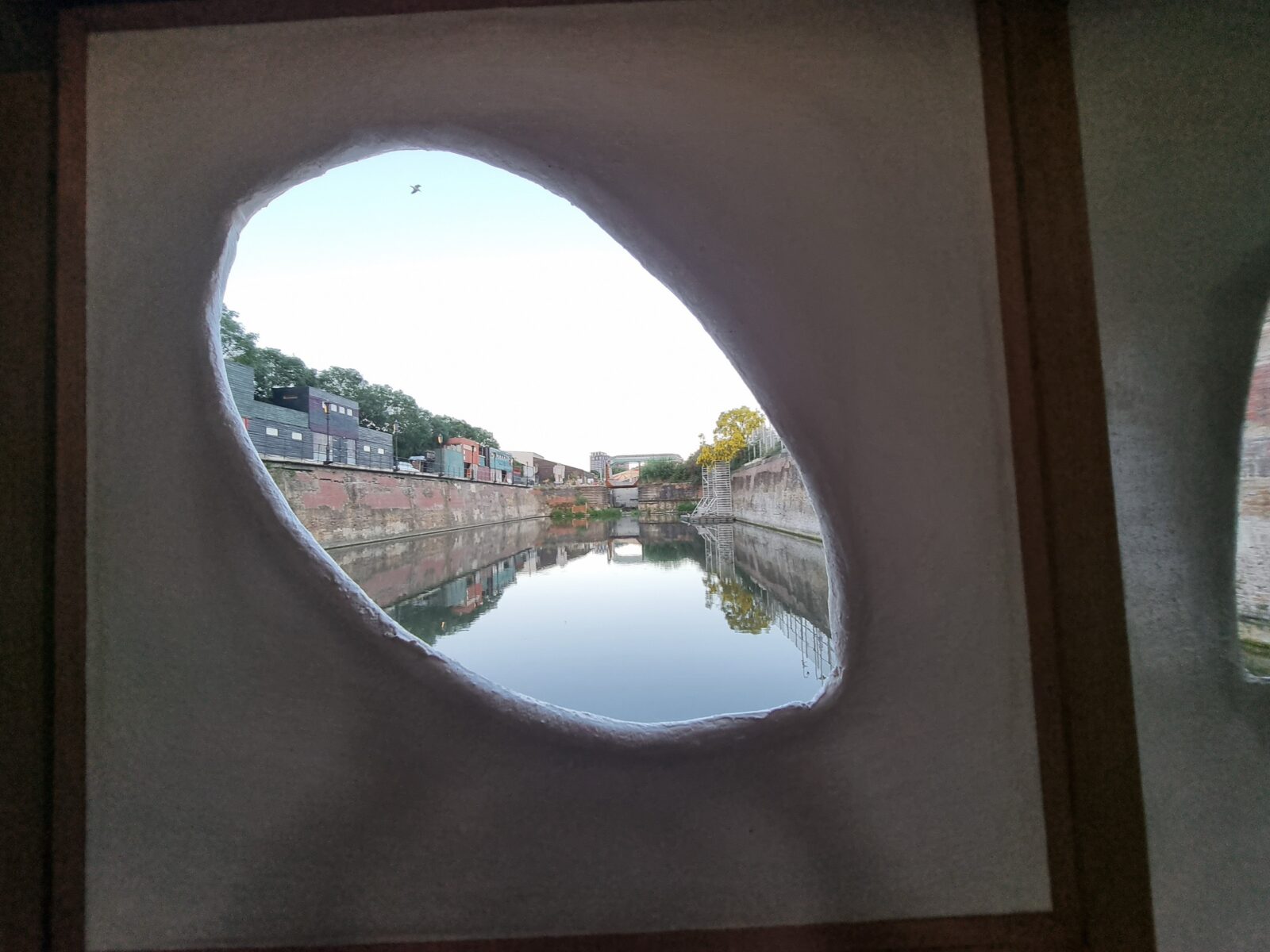
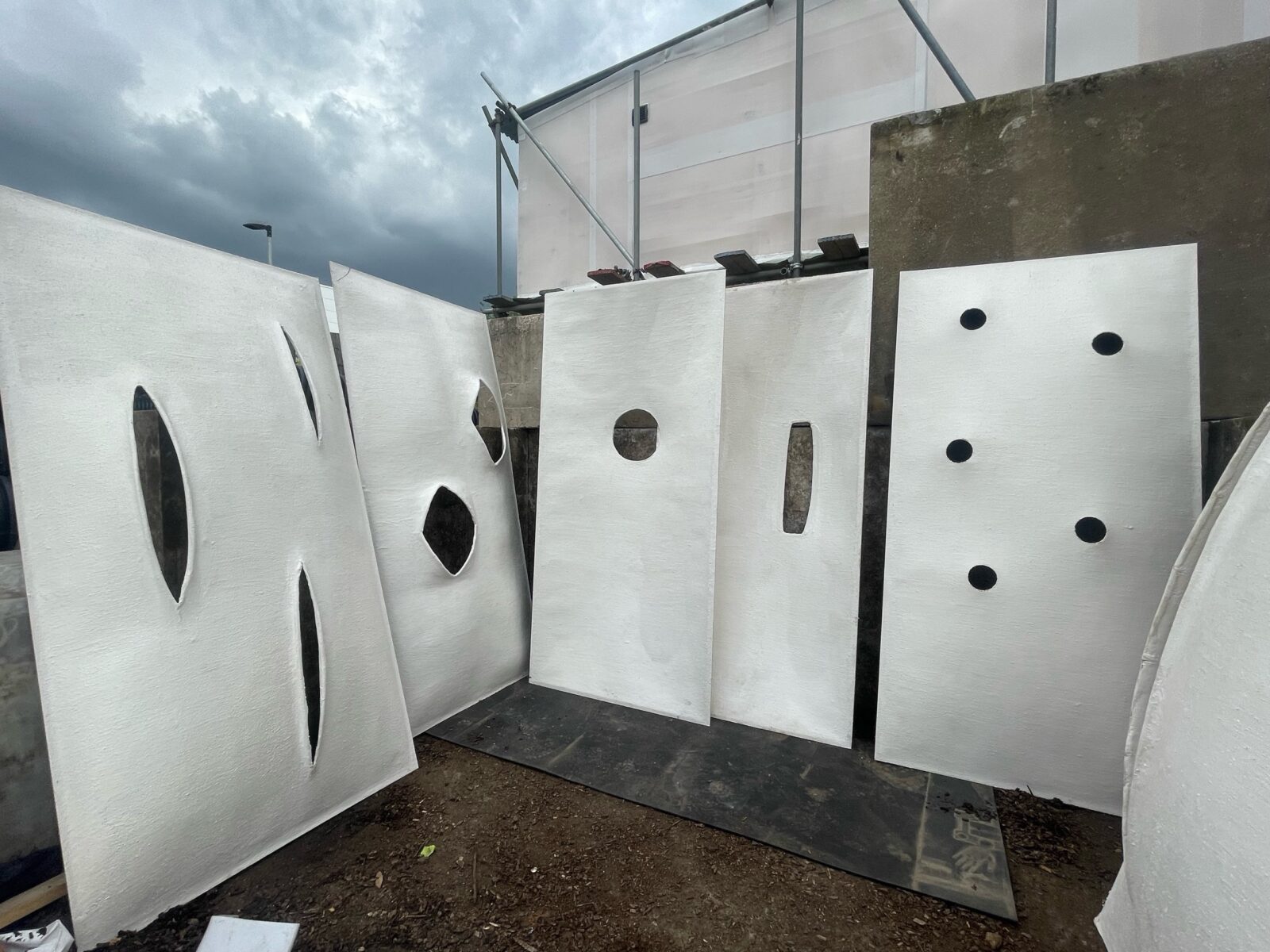
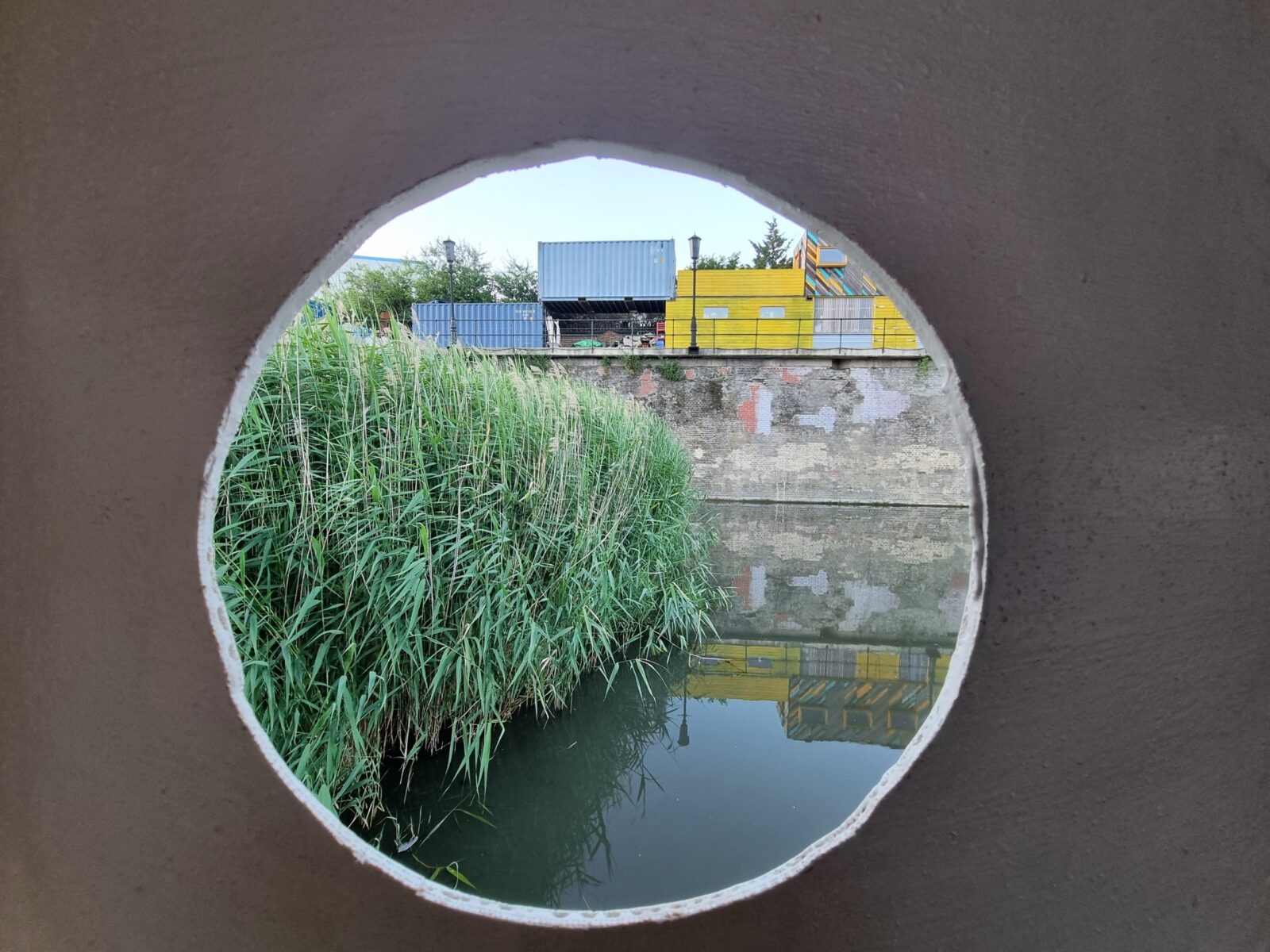
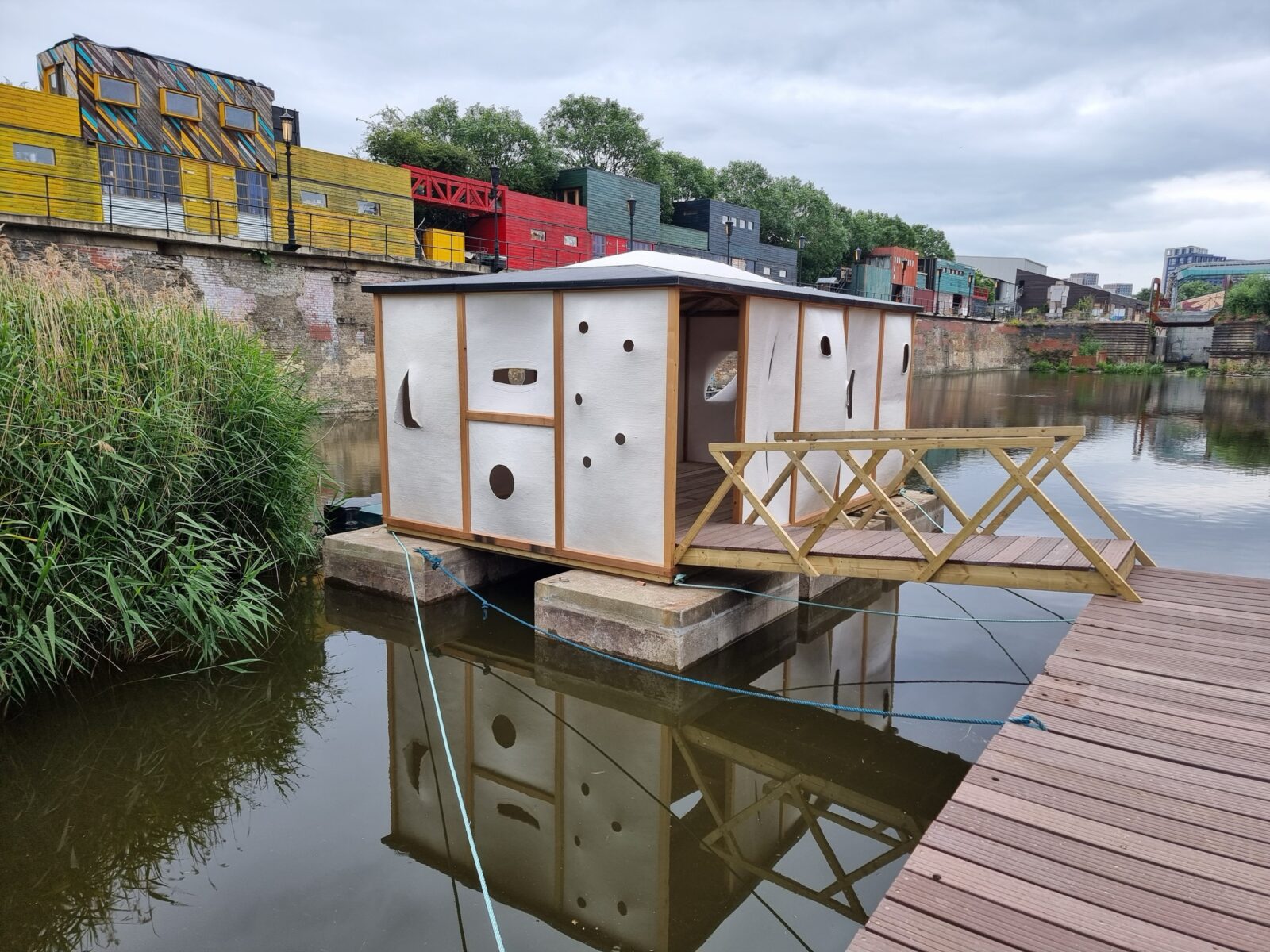
The Floating Hide, Cody Dock
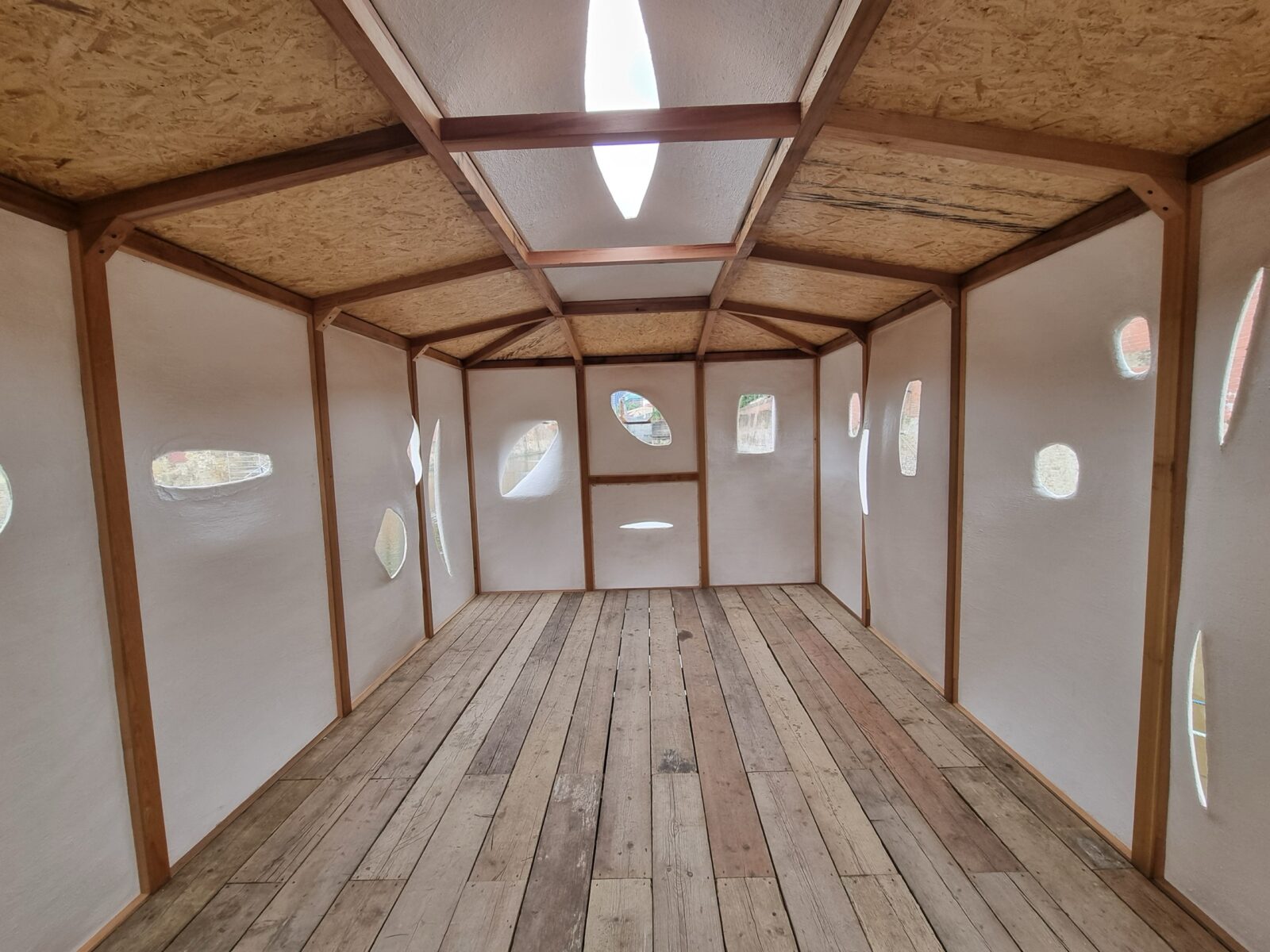
LIVE DESIGN PRACTICE introduces innovative ways of working collaboratively across sectors, leveraging our multidisciplinary skills within academia and applying them to real interventions for the benefit of communities. This process fosters an understanding of the complex relationships between different stakeholders while introducing novel practices that make broader participation exciting, engaging and empowering. Live Projects enables deep reflection on the interaction between spatial, political, economic and social factors in relation to our lived experience, allowing us to approach issues and ask questions to understand a real situation. We gain direct, hands-on experience, enhancing and broadening our range of skills and develop confidence through engaging with stakeholders and construction professionals, while leaving a legacy to the community. Live projects form a tool for research, combining often separated roles of teaching, researching and practicing and providing a great opportunity to combine and benefit each field. We are using Live Projects to reflect on its use in exploring concepts of experiential learning theories, and tacit and embodied knowledge dynamics.
openstudiowestminster.org/beyond-studio/live-design-practice/
Cody Dock
Cody Dock is a social enterprise and charity in east London which works with volunteers to eco-restore and clean up the river Thames. The University of Westminster’s previous year’s Live Project ‘The Growing Space’ has become the beating heart of the Cody Dock’s community, education and social space, where weekly schools visits and adult therapeutic gardening sessions organised as part of social prescribing are hosted. Subsequent cohorts are benefitting from the project which has been nominated by the Architectural Journal for a small projects award.
This year, MArch studio DS20, led by Maria Kramer with Corinna Dean, designed and developed the QHT-funded ‘The Floating Hide’, floating bird-watching pontoon co-designed and -developed in collaboration with WebbYates Engineers and Nicholas Alexander. Constructed from cedar timber with modular lightweight hessian panels, the structure sits on reclaimed pontoons.
Undergraduate studio BA DS(2)2, led by Natalie Newey with Matthew Stewart, collaborated with YesMake to develop interventions for the local community in Canada Water using reclaimed materials.
The tangible, physical aspect of projects connects with a wide audience and supports local communities, while being involved in all design and construction stages promotes embodied knowledge for both students and stakeholders, bridging the gap between design and making. he most valuable learning experiences have come from the collective effort and experience shared between students, tutors and our many collaborators.
Maria Kramer, Project Lead
Thanks to: Wilfred Achilles, Scott Batty, Alastair Blyth, Julia Briscoe, Marius Brodeala, Harry Charrington, Alexander Fleming, François Girardin, Jacques Leonardi, Will McLean, Simon Myers, Mirna Pedalo, QHT Fund, Nick Runeckles, Shahed Saleem, Jordan Scammell, Daniel Scroggins, Ro Spankie, Dr Watson, Steve Webb, Camilla Wilkinson, Julian Williams
